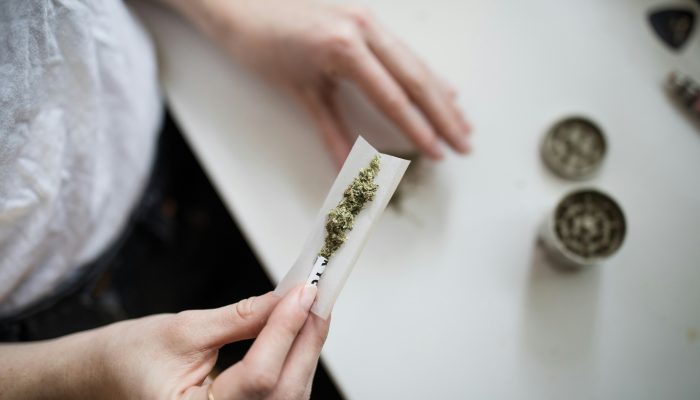South Dakota Gov. Larry Rhoden has signed a bill that will loosen his state’s felony ingestion statutes, which are among the nation’s strictest laws on drug use.
Senate Bill 83 reduces first- and second-offense ingestion of controlled substances from class five felonies to class one misdemeanors. Maximum penalties for the charges, which typically stem from urine test results, will fall from five years in prison and a $10,000 fine to a year in jail and a $2,000 fine.
Rhoden penned a letter to lawmakers explaining his decision to sign the bill and affixed it to a press release announcing he’d signed it and 18 other bills into law on Wednesday.
The letter noted law enforcement’s stiff opposition to the bill, but also that third and subsequent offenses will remain felonies, and that South Dakota needs to focus more squarely on rehabilitation. His “difficult decision” to sign the bill, he said, “cannot be the end of the discussion.”
“We need all three branches of government – the legislature, the executive branch, and the judiciary – to continue working toward solutions,” he wrote. “We must expand treatment opportunities and make sure that the punishment fits the crime.”
Next steps for courts, prisons
He also wrote that the Unified Judicial System (UJS) will “assemble a task force” to look into the state’s treatment resources and its treatment courts.
One mismatch between the bill’s verbiage and the state’s treatment setup within UJS rules is apparent already.
SB 83 suggests the use of the Honest Opportunity for Probation Enforcement (HOPE) program as a probation option for those convicted of first- and second-offense ingestion. That program requires participants to call a phone number every day to find out if they’re required to take a drug test. Those who fail see jail time.
According to current UJS rules, however, HOPE is only available for people charged with felonies.
Data from the UJS, requested by South Dakota Searchlight, shows 14,968 felony ingestion charges have been filed in the state in the past 10 years. Thousands of those cases resulted in prison sentences; thousands more in jail and probation terms.
As of Feb. 28, there were 133 men and 71 women imprisoned by the state Department of Corrections with ingestion as their highest-level offense, according to DOC spokesman Michael Winder.
Those inmates are not receiving adequate treatment, Rhoden said in his letter. The governor had hoped to secure funding for a new men’s prison this legislative session, but was rebuffed by lawmakers. The governor subsequently signed an executive order creating a task force to reevaluate the state’s correctional needs.
You can read the full article at South Dakota Searchlight.

